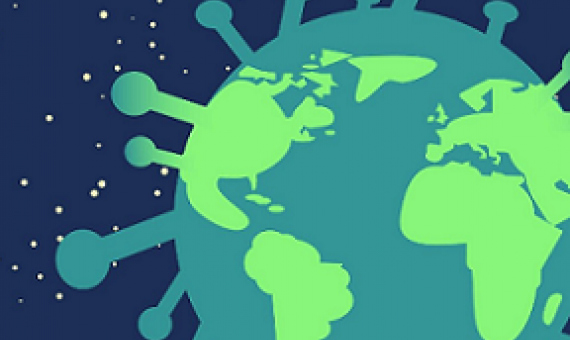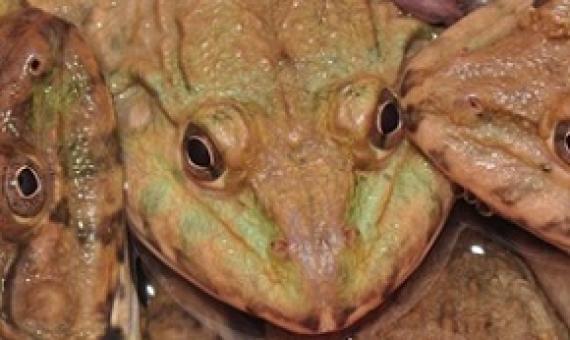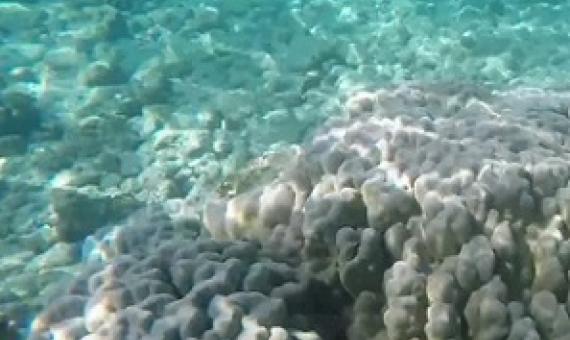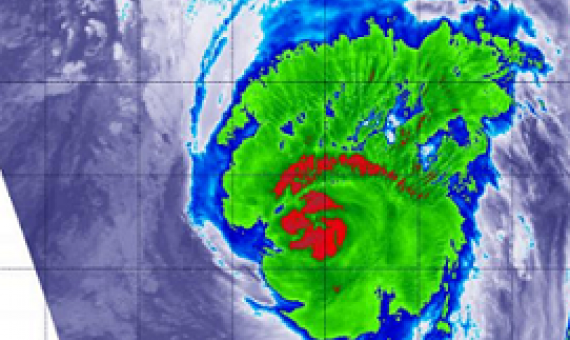The pandemic has disrupted conservation work and funding, with potential repercussions for years to come, according to conservation groups.
A team of conservationists who were trying to save endangered seabirds from giant mice on one of the world's most remote islands have been rescued by the UK military after becoming stranded due to the coronavirus pandemic. A group of 12 researchers from the UK arrived on Gough
For years, people have been predicting a pandemic could wipe out a large number of humans. The reason is simple: As our world population pushes toward 8 billion, it’s clear wildlife and natural systems cannot tolerate our abuses.
On Monday, thousands of visitors from across the country descended on Yellowstone national park, which opened for the first time since its closure in March due to the coronavirus pandemic...Yellowstone, America’s oldest national park, and the nearby Grand Teton national park are the mos
The COVID-19 pandemic is unprecedented in our lifetimes. It is estimated that the pandemic may generate a decline of world trade by a third this year.
Three Lehigh professors―Benjamin Felzer, Sharon M. Friedman and Dork Sahagian―offer their insights. Felzer, whose research focuses on global climate and terrestrial ecosystem models, is an associate professor in the Earth and Environmental Sciences.
Millions of live animals enter the U.S. each year without disease screening—leaving us vulnerable to another outbreak, a former wildlife inspector says...Twenty thousand live bullfrogs from China that will be cooked and eaten as frog legs. Forty green monkeys from St.
Kahalu‘u Bay on Hawai‘i Island is one of the most popular and heavily visited snorkeling locations in all of Hawai‘i.
The COVID-19 pandemic is a complex global crisis without contemporary precedent. In just about every country around the world, the pandemic response is taking up the bulk of resources, expertise, time and effort.
Impacts of the coronavirus pandemic on biodiversity conservation
The COVID-19 pandemic is impacting all parts of human society. Like everyone else, conservation biologists are concerned first with how the pandemic will affect their families, friends, and people around the world. But we also have a duty to think about how it will impact the world's biodiversity and our ability to protect it, as well as how it might affect the training and careers of conservation researchers and practitioners.

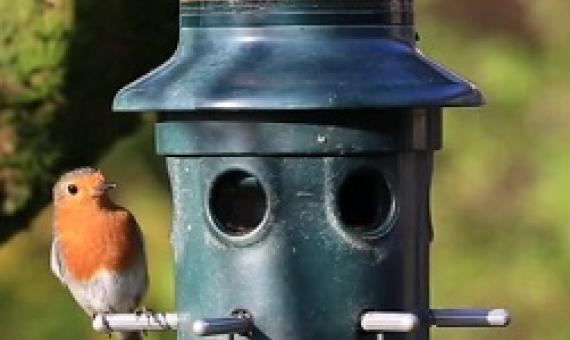
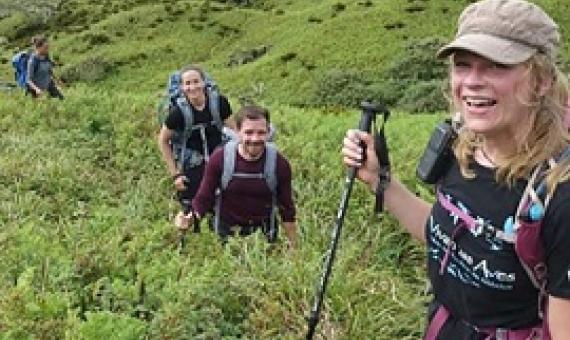
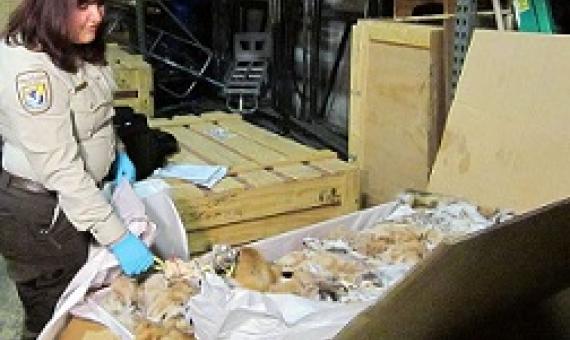
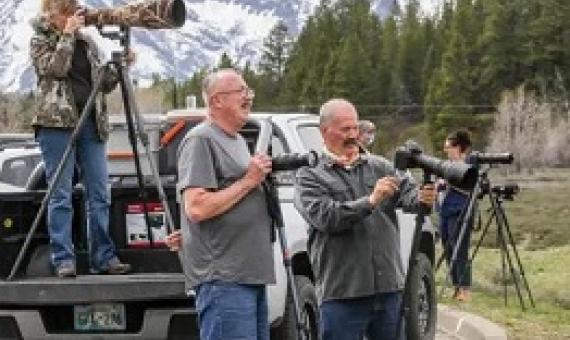
![The Blue Economy and COVID-19 Pandemic: New challenges, recovery measures and resilience [On-line]](/sites/default/files/styles/news_teaser/public/oceans_sm_2.jpg?itok=vOJmoGp5)
